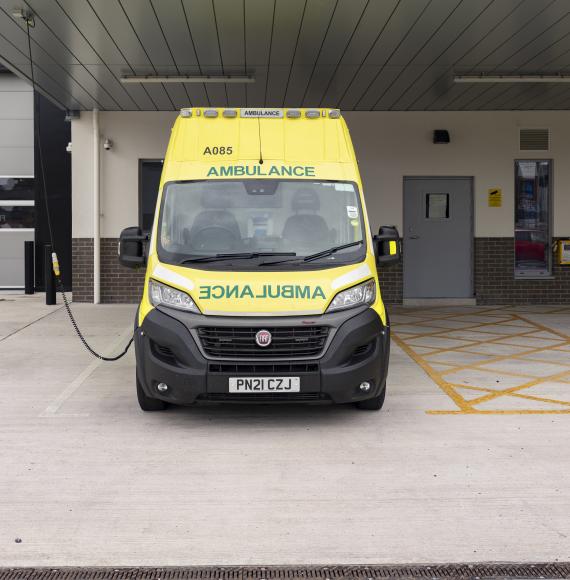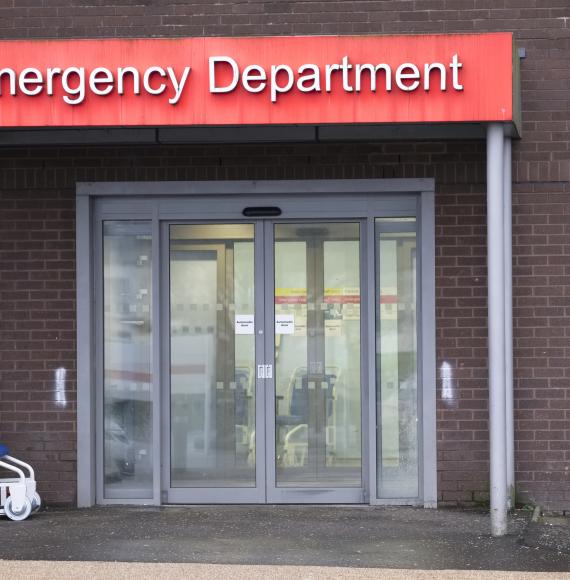NHS representatives have emphasised that out of area placements for mental health patients are a “last resort” and are evidence of the immense pressures the sector is under, after a new Health Services Safety Investigations Body report revealed some of the harm being caused from “inappropriate” placements.
The HSSIB report found that family, friends and carers rarely want out of area placements – this is in addition to their wishes not always being taken into consideration.
Out of area placements were found to potentially lengthen hospital stays and therefore sometimes exacerbate patient conditions. Examples of harm include anxiety, psychological stress, PTSD and even suicide.
Advocacy services were also found to be not always offered to patients, despite them often being crucial to patients if they want their views to be taken into account.
Reasons
The report identifies a number of reasons why the NHS is using out of area placements – chief among which is the link (or lack thereof) between health and social care.
Fundamentally, the NHS and local government have different rules, governance, legal frameworks, and financial commitments that cause friction within the system, ultimately preventing proper integration and collaboration.
“The investigation emphasised that inappropriate out of area placements are a symptom of wider issues within health and social care – financial and resources pressures, long waiting lists for social housing and a lack of true integration between the two,” explained Neil Alexander, senior safety investigator at the HSSIB.
“The findings of our investigation were not a surprise to those working in mental health care, and it is clear that urgent improvements need to be made to reduce the use of inappropriate placements and reduce harm.”
Reaction
Deputy CEO at NHS Providers, Saffron Cordery has highlighted that out of area placements will only occur if trusts have no other choice – whether that be because of a lack of beds, staff or capacity.
The government had previously set out an aim of completely eliminating out of area placements by 2021, but was largely thwarted by the pandemic. Now, data shows instances are rising.
March 2023 saw nearly 800 out of area placements in England – a year later the figure was closer to 900, with 805 being ‘inappropriate’. Inappropriateness is defined as when a patient is unable to be cared for in their local area and is thus sent elsewhere; it is not when they require a specialist service that is not available locally.
“We share the HSSIB’s concerns about ‘inappropriate’ out of area placements,” added Cordery. “Years of underinvestment in mental health services mean that trusts don’t have enough resources and staff to prevent every inappropriate out of area placement. In the last 18 months the number of out of area placements has fluctuated but despite huge challenges trusts and their partners do everything they can to keep the number as low as possible.”
Recommendations
The HSSIB has set out a number of recommendations, two of which include:
- Ensuring all patient, family and carer voices are considered
- Improving integration and collaboration between health and social care
The first of which would be done through the new Mental Health Bill, while the second would be achieved via a review of all relevant statutory instruments, business processes, and regulations.
NHS Providers, which represents all NHS trusts in England, has said that more investment would improve mental health service provision.
Image credit: iStock



















